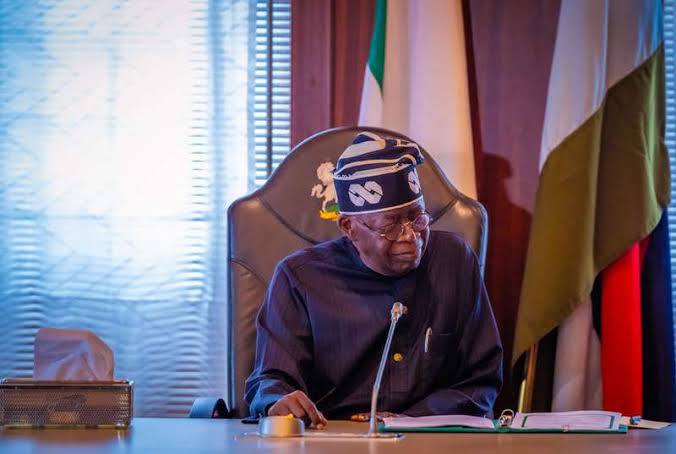
In light of recent criticisms, Bayo Onanuga, a close adviser to President Bola Tinubu, clarified that the president has not formally appointed himself as the Minister of Petroleum Resources. Instead, Tinubu oversees strategic decisions in the sector while delegating operational tasks to established officials within the ministry. Onanuga explained that this approach allows Tinubu to directly influence policies in an industry pivotal to Nigeria’s economy, especially during a period marked by fluctuating fuel prices and complex energy challenges.
This clarification has prompted mixed reactions. Advocates argue that Tinubu’s leadership could accelerate reforms needed to boost oil production, manage subsidies, and stabilize prices. However, critics like public affairs analyst Dr. Chike Obasi have expressed concern, arguing that Tinubu should have appointed a separate minister to avoid conflicts of interest and ensure accountability in a sector often plagued by inefficiencies and alleged corruption. Analysts suggest that an independently appointed minister could focus exclusively on revamping the nation’s refineries and enhancing transparency, potentially paving the way for long-term stability in Nigeria’s oil and gas industry.
Amid this debate, Onanuga reiterated that Tinubu’s engagement with the ministry is strategic and in line with his administration’s commitment to addressing Nigeria’s economic issues. Yet some experts continue to caution that a dedicated petroleum minister could more effectively drive Nigeria’s goals, including improved refinery performance and a broader transition toward cleaner energy sources.




